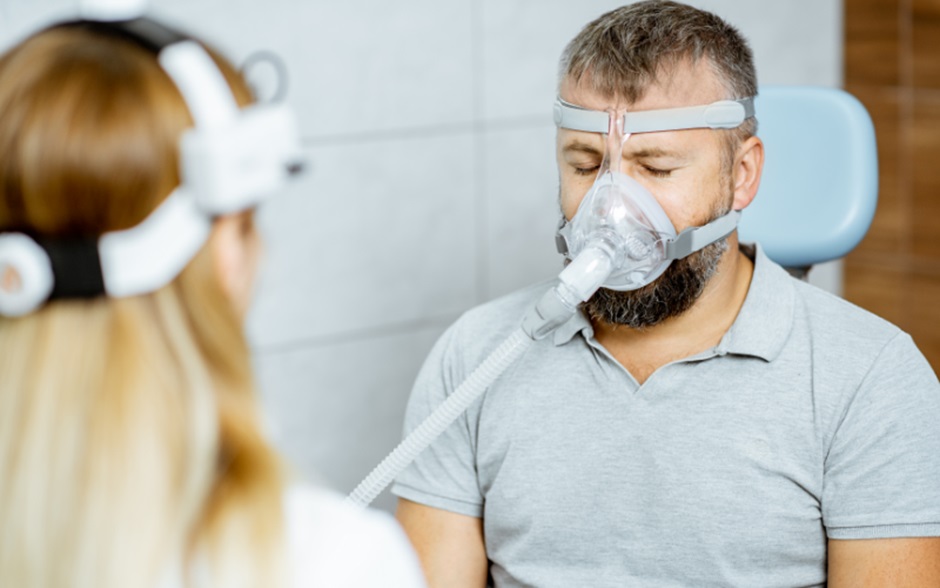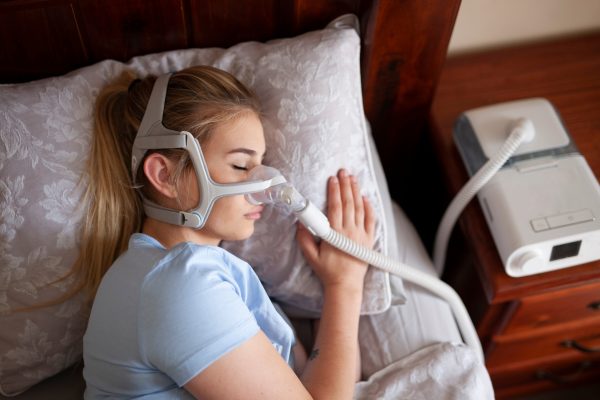Types of Sleep Apnea Treatment: What You Need to Know

Sleep apnea is a serious sleep disorder where breathing repeatedly stops and starts during sleep. It can lead to significant health issues if left untreated, including heart disease, stroke, and high blood pressure. In Singapore, seeking professional help from an ENT doctor at Mount Elizabeth can be the first step towards a solution. There are several sleep apnea treatments available, each tailored to address different severities of the condition. This article will explore the most effective treatments for sleep apnea, guiding readers through the options that might work best for their situation.
Oral Appliances
For individuals with mild to moderate sleep apnea, oral appliances offer an alternative treatment to CPAP. These devices are custom-fitted to the mouth and work by repositioning the jaw to prevent the airway from collapsing during sleep. Oral appliances are often recommended by an ENT doctor for patients who cannot tolerate CPAP or prefer a more discreet option.
In Singapore, many patients have found success with oral appliances, particularly due to their portability and ease of use. These devices require regular adjustments and check-ups to ensure continued effectiveness. While oral appliances may not work for every case of sleep apnea, they provide a viable option for those looking for a non-invasive treatment.
Oral appliances are especially suitable for patients who travel frequently or find sleeping with a CPAP mask uncomfortable. However, they must be fitted and monitored by a qualified professional to prevent issues such as jaw discomfort or misalignment.
Continuous Positive Airway Pressure (CPAP)
Continuous Positive Airway Pressure (CPAP) therapy is one of the most common treatments for sleep apnea. It involves wearing a mask connected to a machine that provides a constant flow of air, keeping the airways open during sleep. CPAP treatment is effective for moderate to severe sleep apnea, and many patients in Singapore use this method to manage their condition.
Patients need to commit to using the CPAP machine every night for it to work effectively. It can take time to get accustomed to wearing the mask, but once the adjustment is made, most users find significant improvement in their sleep quality. Those suffering from sleep apnea in Singapore who have received a diagnosis from an ENT doctor may often be prescribed this treatment as a long-term solution.
Despite its effectiveness, some patients experience side effects like nasal congestion, dry mouth, or discomfort from the mask. Regular follow-ups with a sleep specialist or ENT doctor in Mount Elizabeth are crucial to address any concerns and ensure that the treatment is working as intended.
Surgery for Sleep Apnea
Surgery is often considered for sleep apnea patients who do not respond well to CPAP or oral appliances. ENT doctors in Singapore, particularly those practising at Mount Elizabeth, offer various surgical procedures to treat sleep apnea. The surgery type depends on the specific anatomical cause of the airway blockage.
Common surgeries include Uvulopalatopharyngoplasty (UPPP), which removes excess tissue from the throat, and Genioglossus Advancement, which repositions the tongue to prevent airway obstruction. Another option is maxillomandibular advancement, a more invasive surgery that moves the upper and lower jaw forward to increase the size of the airway.

Surgery can provide permanent relief for sleep apnea in some cases, but it is usually recommended only when other treatments have failed. Recovery times vary depending on the procedure, and patients may need follow-up care from their ENT doctor to ensure long-term success.
Lifestyle Changes and Positional Therapy
For those with mild sleep apnea, lifestyle changes can play a significant role in reducing symptoms. Simple adjustments like weight loss, quitting smoking, or reducing alcohol intake can alleviate the severity of sleep apnea. An ENT doctor may recommend these changes in conjunction with other treatments to improve overall effectiveness.
Positional therapy is another option, particularly for patients who experience sleep apnea when sleeping on their back. Special devices or pillows can help keep individuals sleeping on their side, preventing airway blockages. Positional therapy is often used alongside other treatments, as it is not a standalone cure for sleep apnea.
While lifestyle changes may not eliminate sleep apnea, they can significantly reduce the impact of the condition. Patients in Singapore should consult an ENT doctor at Mount Elizabeth to discuss how lifestyle modifications can complement their sleep apnea treatment plan.
Conclusion
Sleep apnea is a condition that requires timely and effective treatment to prevent serious health complications. From CPAP therapy to oral appliances, surgery, and lifestyle adjustments, various sleep apnea treatment options are available, each suited to different patient needs. Seeking the right treatment starts with consulting an experienced ENT doctor in Singapore, who can provide a comprehensive evaluation and recommend the most appropriate course of action.
If you or a loved one suspect sleep apnea, contact Dr Dennis Chua an ENT doctor at Mount Elizabeth to explore the right sleep apnea treatment today.
